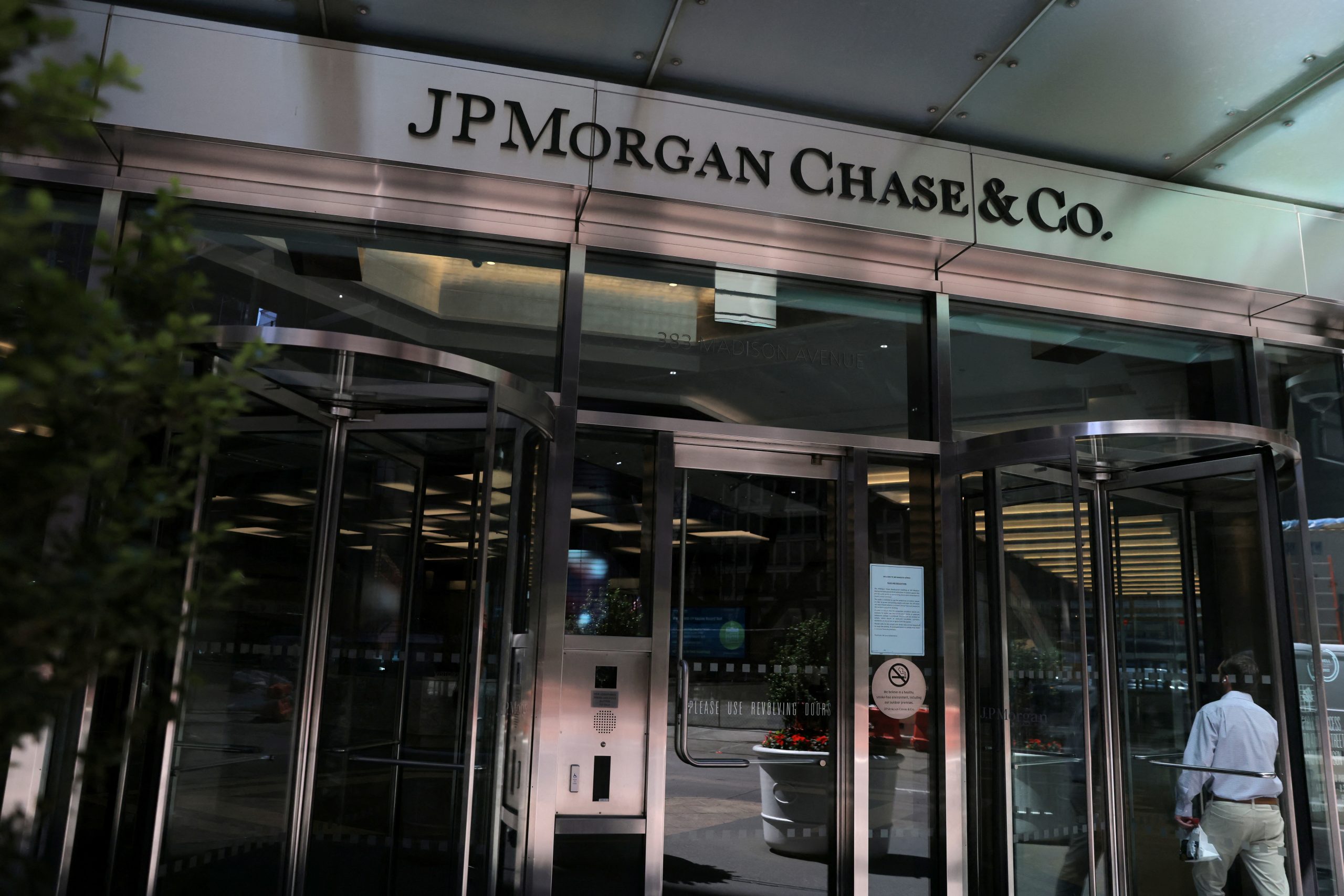
Lauren C. Moye, FISM News
[elfsight_social_share_buttons id=”1″]
The CEO of one of the oldest financial institutions in the U.S. warned that several “very serious” factors are likely to cause an economic recession both in the U.S. and globally within a year.
Jamie Dimon, the CEO of JPMorgan Chase, said that the current U.S. economy was still doing well. This put consumers in a better position heading into a new recession compared to the 2008 global financial crisis.
“But you can’t talk about the economy without talking about stuff in the future — and this is serious stuff,” Dimon said to CNBC’s Juliana Tatelbaum on Monday. Dimon was at the JPM Techstars conference in London.
He added that there are “very, very serious things which I think are likely to push the U.S. and the world … in some kind of recession six to nine months from now.”
According to Dimon, there are four factors that are likely to cause this recession: historically high inflation, the Federal Reserve raising the interest rates higher, quantitative tightening, and the war in Ukraine.
The current U.S. inflation rate is 8.3% after slight declines in the Consumer Price Index (CPI) in both July and August. Inflation has risen 14 of the past 20 months according to CPI data, from 1.4% in January 2021 to its current rate.
This has resulted in astronomical price increases that impact Americans’ wallets. U.S. labor statistics show the average price of a dozen Grade A large eggs rose from $1.45 to $3.12 in that time period while a gallon of milk jumped from $3.25 to $4.16.
To combat this, the central U.S. bank has raised interest rates higher and quicker than previously anticipated. In September, the board raised these rates by another .75 points and they are expected to raise the benchmark by another 1.25% before the end of this year.
Dimon said the Fed “waited too long and did too little” to combat climbing inflation. Now, they are having to catch up. He added, “Let’s all wish him success and keep our fingers crossed that they managed to slow down the economy enough so that whatever it is, is mild — and it is possible.”
Another tool the Fed is using to ease inflation is quantitative tightening, a process that reduces the Fed’s balance sheet by shrinking its monetary reserves. This involves selling off treasuries or maturing the bonds. The impact of quantitative tightening on the stock market and economy is unpredictable.
Meanwhile, the Ukraine war has lasted nearly eight months with no end in sight, as western countries, including the U.S., continue to provide billions of dollars in aid to Ukraine.
All these factors led Dimon to conclude that a recession “can go from very mild to quite hard and a lot will be reliant on what happens with this war. So, I think to guess is hard, be prepared.”
While he did not offer a prediction on how long the recession might last, he did believe that the S&P 500 could fall “another easy 20%” from its current levels.
Dimon previously warned of a coming economic storm in July.
